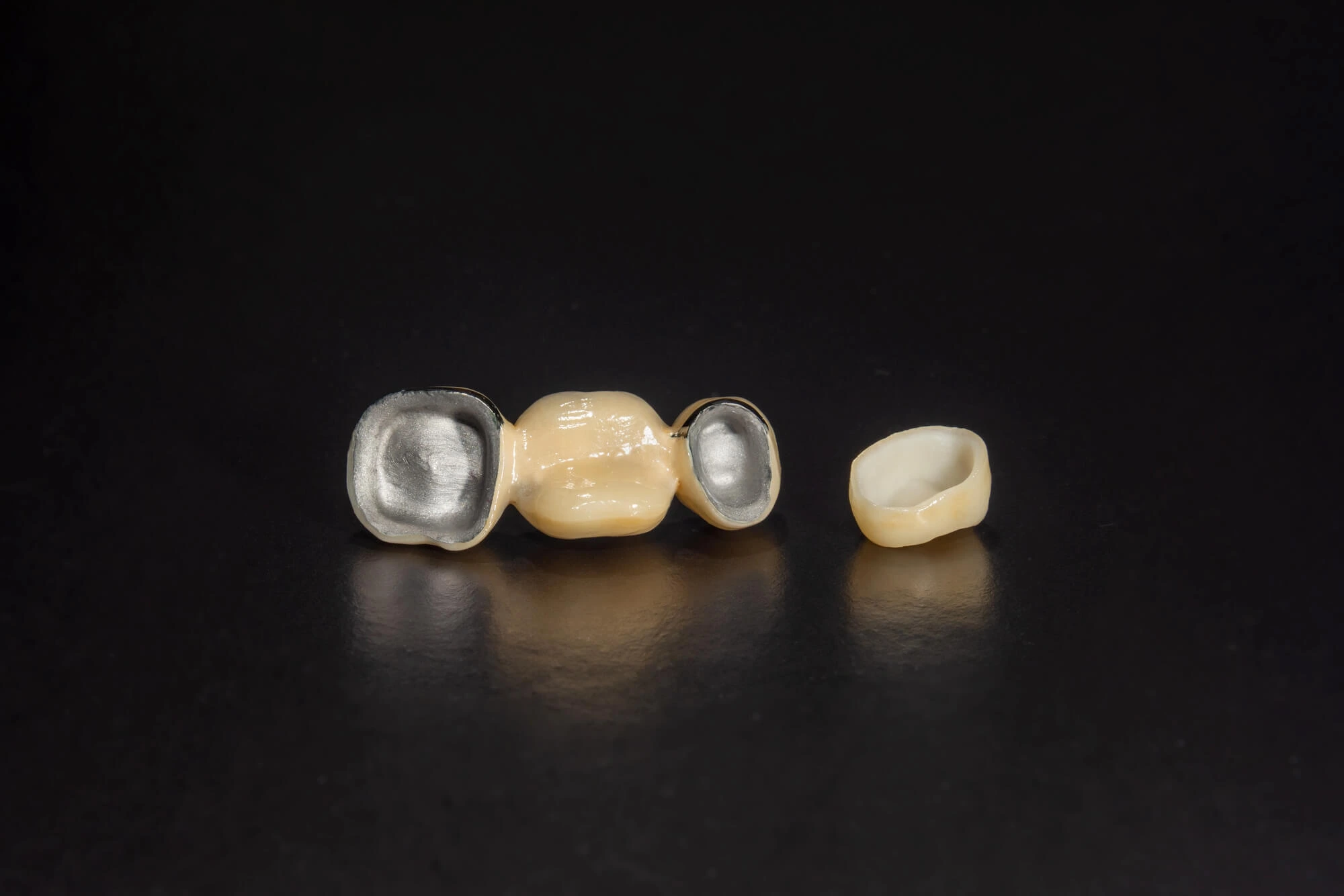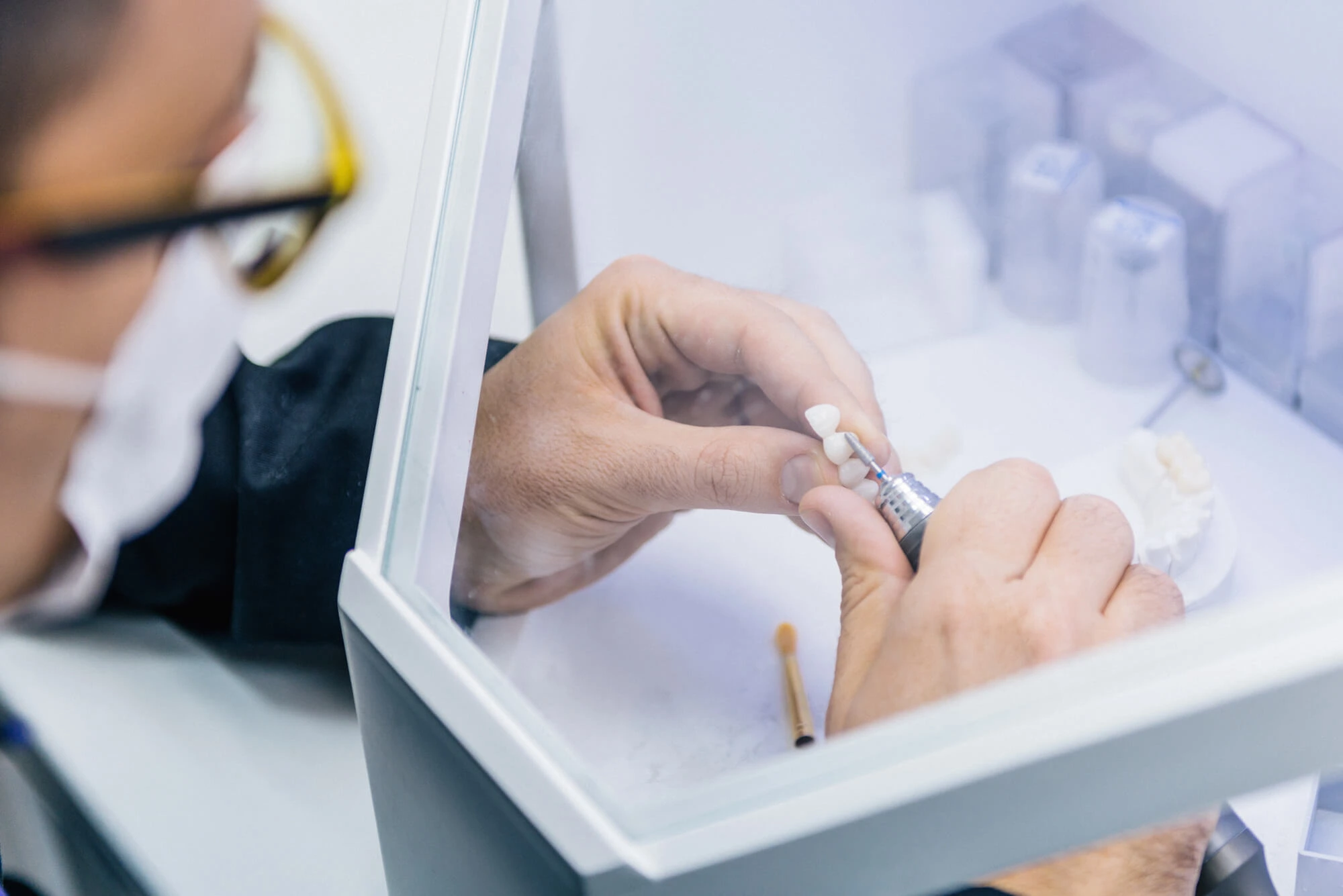Is a Dental Bridge the Solution for You? Here Are 5 Questions to Ask

Missing teeth can affect more than just your smile; they can impair your ability to eat, speak clearly, and feel confident in everyday situations. A dental bridge in Sumter, SC, is a popular solution for replacing missing teeth. But is a bridge the right option for you?
Dental bridges are prosthetic devices that "bridge" the gap caused by one or more missing teeth. While they can be an excellent option for many patients, they are not always the best fit for every situation. Asking yourself the right questions can help you determine whether this is true for you.

5 Questions to Ask Yourself to Know If You Need a Dental Bridge
1. How Many Teeth Am I Missing—and Where Are They?
Dental bridges consist of one or more artificial teeth (called pontics) held in place by crowns on the surrounding teeth or dental implants. This means they gain stability from these surrounding natural teeth.
For that reason, bridges are best suited for patients who are missing one to three teeth in a row. If you’re missing multiple teeth scattered across your mouth, a partial denture or implant-supported restoration may be more effective.
2. Are My Surrounding Teeth Healthy Enough to Support a Bridge?
As mentioned, traditional dental bridges rely on adjacent natural teeth to act as anchors (abutments). These teeth must be healthy and strong, as they’ll bear the pressure of supporting the bridge.
If the neighboring teeth are decayed, damaged, or weak, they may not be suitable for supporting a bridge.
3. Do I Want a Nonsurgical Solution?
One of the main benefits of dental bridges is that they don’t require surgery, unlike dental implants. This makes them a good choice for people who want to avoid surgery due to medical reasons, cost, or personal preference.
Additionally, bridges are quicker procedures with less recovery time, typically completed over two dental visits.
4. Am I Committed to Good Oral Hygiene?
Bridges can last 10 years or more, but only when properly cared for. While dental restorations don’t get cavities, food and plaque can still collect under the bridge or around the supporting teeth. This can lead to decay or gum disease if not cleaned daily.
Proper flossing is especially crucial for patients with dental bridges. If you're committed to brushing, flossing, and keeping up with regular dental visits, a bridge can be a durable, long-lasting solution.
5. What Are My Financial Options for Dental Bridges?
Dental bridges are generally more affordable than implants, especially when replacing a few adjacent teeth. Many insurance plans partially cover bridges, whereas implant coverage can be more limited.
While cost shouldn’t be the only factor in your decision, understanding your financial options can help you make a more informed and comfortable choice.

Do You Need a Dental Bridge in Sumter, SC?
A dental bridge can be an ideal solution if you're missing one or more adjacent teeth and prefer a nonsurgical, cost-effective, and reliable option. By considering these five essential questions and consulting with your dentist, you can make an informed choice about the tooth replacement that best suits your smile, function, and lifestyle.
Still uncertain? Contact Wesmak Family Dentistry, and let’s work together to find the perfect solution for you!

